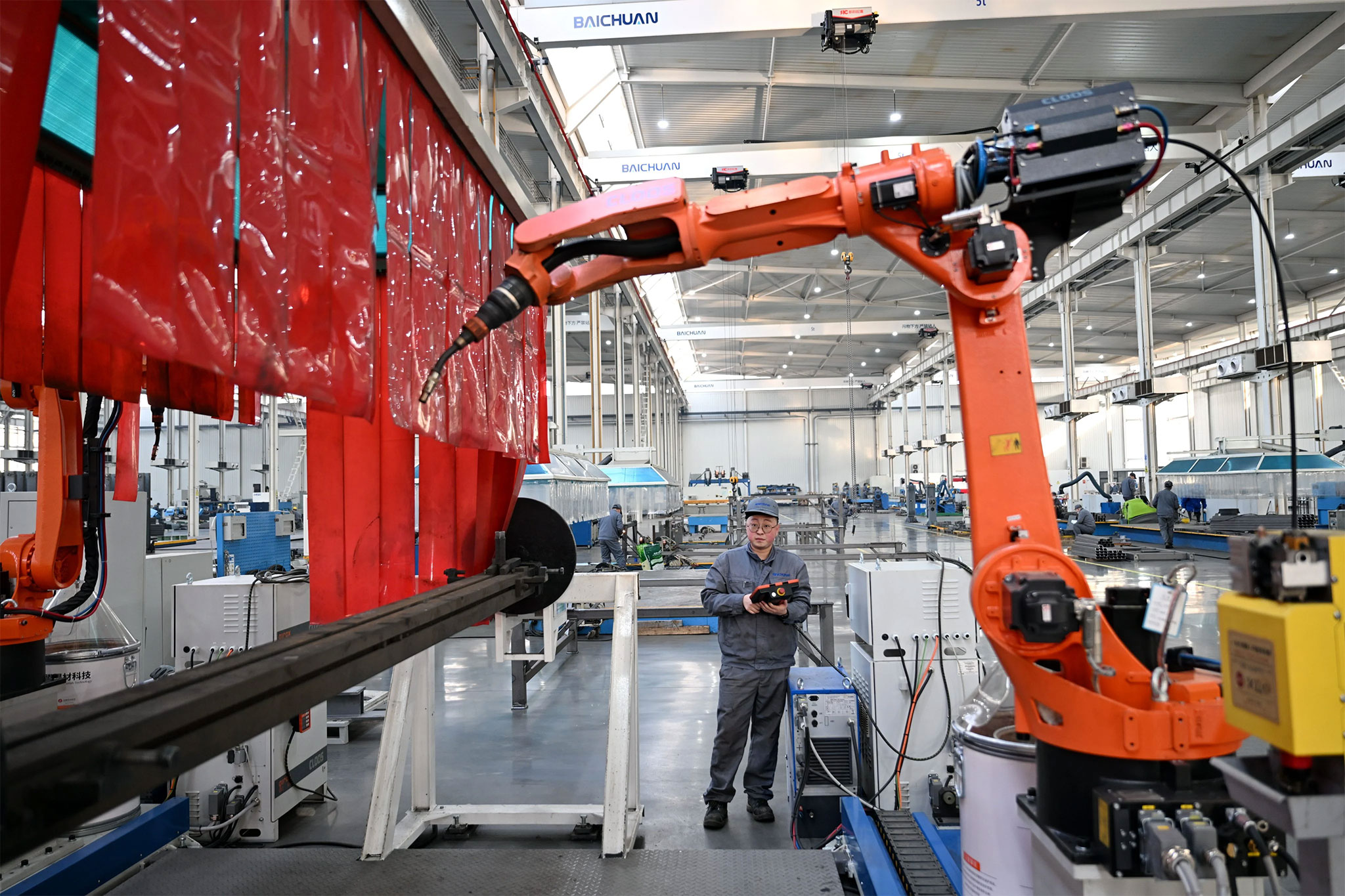Potential Tariffs from Mexico on China Put Investments on Hold
This article by Alejandro Alegría originally appeared in the September 15, 2025 edition of La Jornada, Mexico’s premier left wing daily newspaper.
The increase in tariffs on products originating from nations with which there is no trade agreement, as proposed by the Ministry of Economy (SE), would not only impact Mexican consumers but would also put potential investments from China on hold, said Amapola Grijalva Vega, president of the Mexico-China Chamber of Commerce and Technology.
The business leader commented in an interview with La Jornada that the list released by the federal government includes a large number of industrial inputs, so the impact would also affect the country’s exported products.
“We are certain that they will affect Mexico’s economy,” he said. These measures “generate uncertainty and put potential investments we may have from China on hold.”
According to data from the Ministry of Economy and Finance, foreign direct investment (FDI) from the Asian giant reached $658 million in the fourth quarter of 2024, an amount 321.17 percent higher than in the same period in 2023. Furthermore, last year’s figure represented 1.74 percent of the total foreign capital inflows received by the country.
He added that the organization he represents has been receiving inquiries and visits from companies looking to invest in Mexico. “They are serious about coming to produce in Mexico to reach not only the North American market, but also Central and South America.” He even warned that a well-known toy manufacturing company is “nervous” about the tariff announcement.
After noting that total trade between Mexico and China is close to $135 billion, he indicated that between 75 and 78 percent of imports directly impact the competitiveness of Mexican products, both in the domestic and export markets, such as machinery, tools, supplies, and other inputs.
“For us to remain competitive and increase our level of competitiveness, it’s not about choosing between the United States or China. It’s about clearly understanding that for Mexico, China is very important, and so is the United States. It’s the United States and China. Not the United States or China,” he emphasized.
Impact on the End Buyer
In addition to highlighting his concern about the federal government’s proposal to increase tariffs on electric cars from China to 50 percent, given the impact this would have on the transition to electromobility and on people’s pockets, he considered that it could lead to higher prices for footwear, furniture, appliances, and textiles.
He explained that a 35 percent tariff does not mean that the price of the product for consumers will increase by that amount, but that it could be higher because of the added incremental costs, such as freight and insurance, among others.
In addition, there is a risk of increasing technical smuggling, i.e., declaring merchandise with a lower value; or, “coarse smuggling,” which occurs when customs fails to inspect the goods, resulting in importers not paying taxes and potentially resulting in suboptimal product quality.
He noted that the country already experienced this situation in 1994, and they are seeking to engage with authorities to express the concerns of Mexican firms that import from China or operate there, as well as those with Chinese capital that invest here. All this with the goal of finding a compromise and not harming anyone.
-
Predation & Neo-latifundismo
The government must be very cautious, as the neoliberal regime handed out mining concessions to its predatory cronies like candy, more than half of the national territory ended up in their hands in one way or another.
-
People’s Mañanera February 9
President Sheinbaum’s daily press conference, with comments on scholarships, return of mining concessions, PRIAN exposed, Bad Bunny Super Bowl, and aid to Cuba.
-
8 Million App Users, TV Soap Opera Ad… & the PAN Still Can’t Find New Members
In Mexico, where political parties are currently publicly financed, the right wing PAN has spent a staggering amount during its lackluster recruitment drive.




